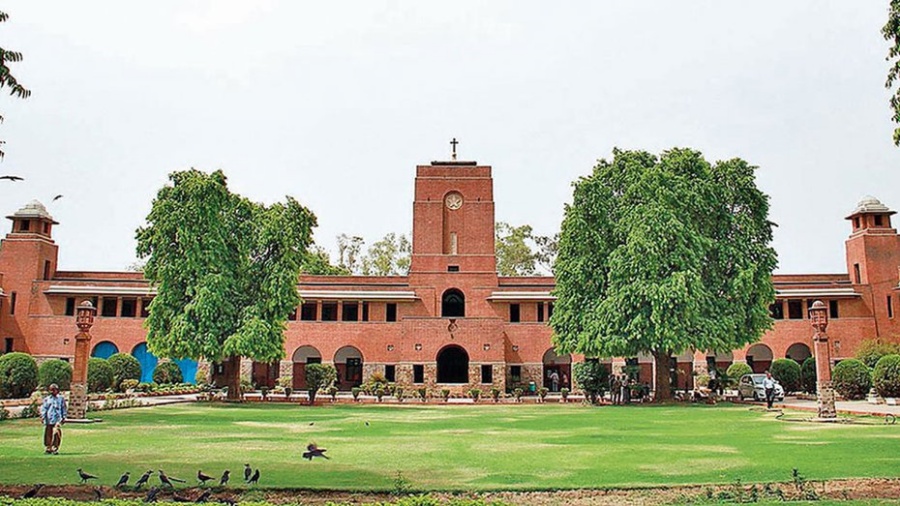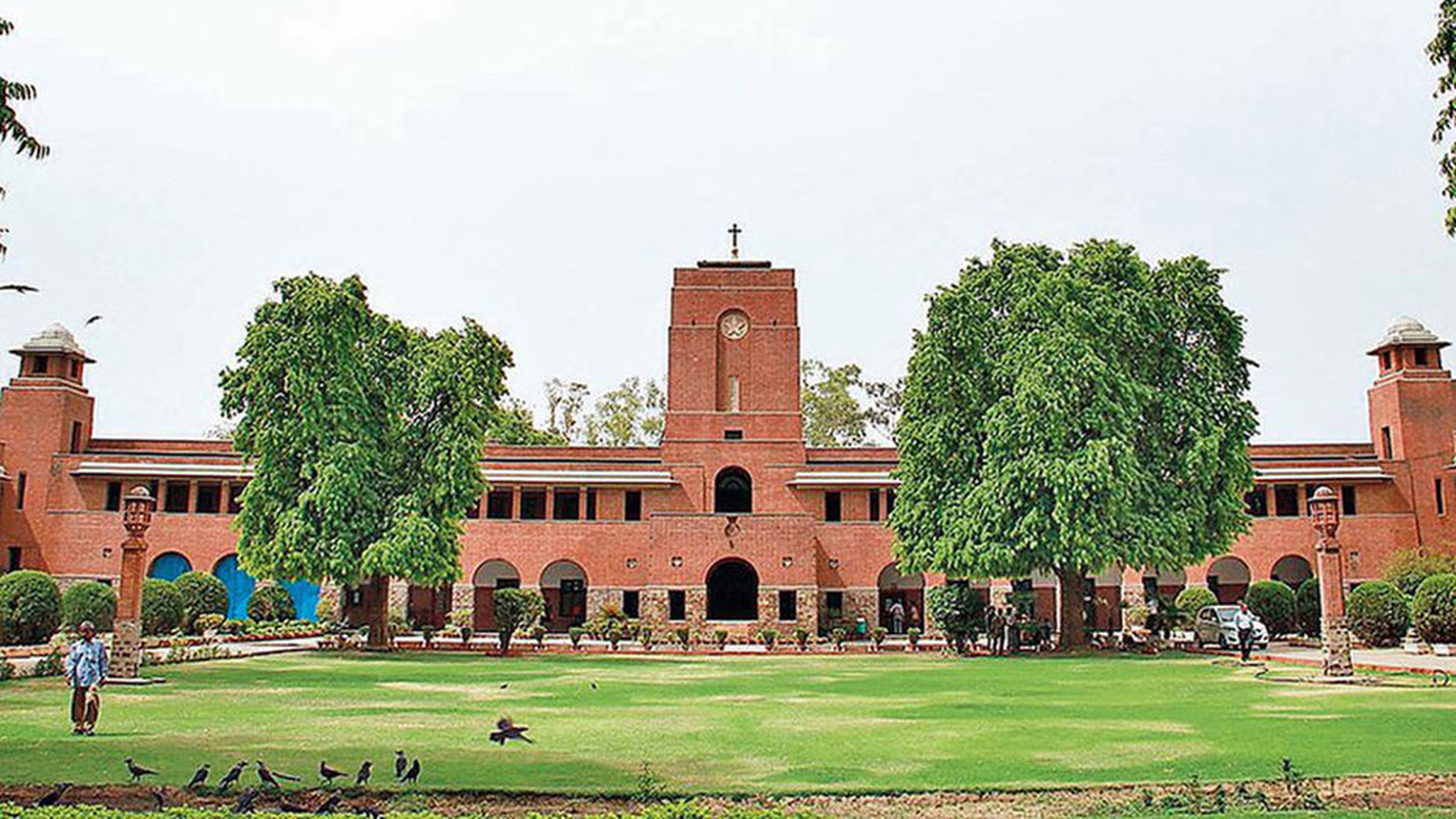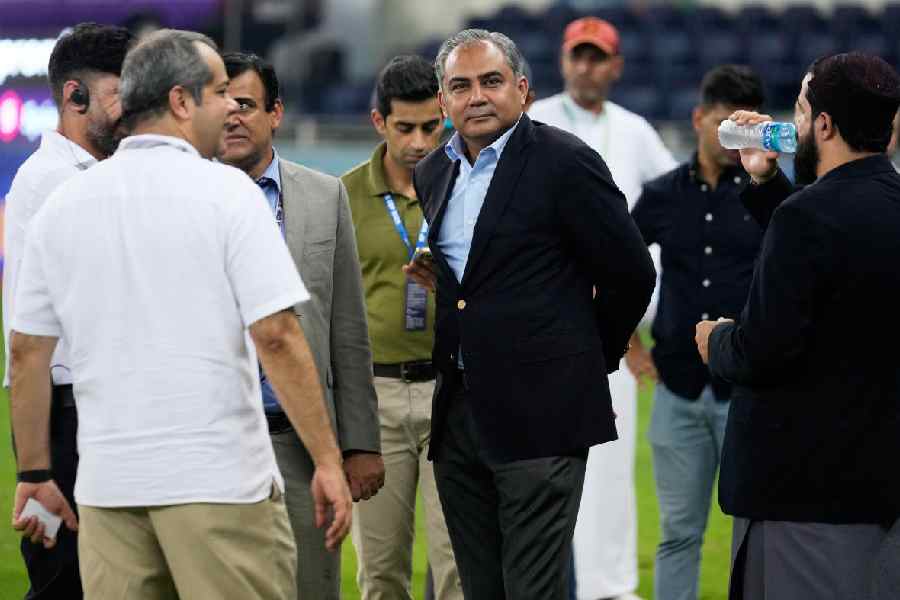The Delhi High Court has expressed its displeasure with the Delhi University for constantly changing its policy on examination. Since March, DU has switched dates, postponed exams or changed the rules at least four times. The court’s anger is warranted and stems from the concern that such dilly-dallying only adds to the anxiety of students already stressed on account of the interruptions in the academic calendar because of the pandemic. Unfortunately, the triggers of stress are multiple. The University Grants Commission insists that exams must be conducted by September if degrees are to be awarded. The UGC may have a point about the quality of internal assessments. But offline examinations pose risks to students’ health while online tests are likely to be exclusionary, undermining students from socially disadvantageous backgrounds. The case of the Netaji Subhas University of Technology reveals that online examinations are particularly vulnerable to malpractices. The peculiar situation has pitted the Centre and states; West Bengal is among the states that have decided to stick to an earlier UGC advisory that had not insisted on making examinations
mandatory.
So what should be the way forward? Some educators are of the view that exams are an outdated model to assess merit. Year-long internal assessments — it is being acknowledged worldwide — might be the future. But as this year’s CBSE results have shown, lenient internal assessments can end up inflating students’ marks. If internal assessment is to become an alternative to exams, they must be made comprehensive and imaginative. Educational assessments could combine projects, interviews and presentations, test learning aptitude, self-agency and interpretation of data and prioritize the interactive use of diverse tools and resources — all of which are part of the core competences underlined by Unesco in its guide to curriculum. In Geneva, the La Grande Boissière developed a model with Unesco based on these parameters in which exams were successfully substituted with collaborative projects and viva voce interviews conducted throughout the year. Such an alternative, if embraced in India, must bridge the digital divide and ensure that education and assessment do not hinder the evolution of knowledge societies.












